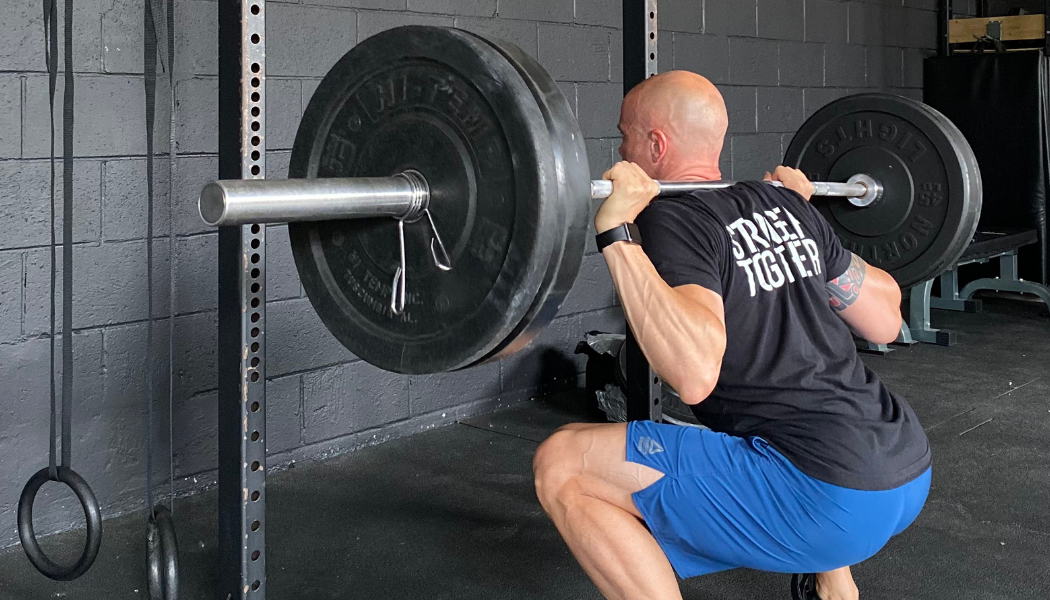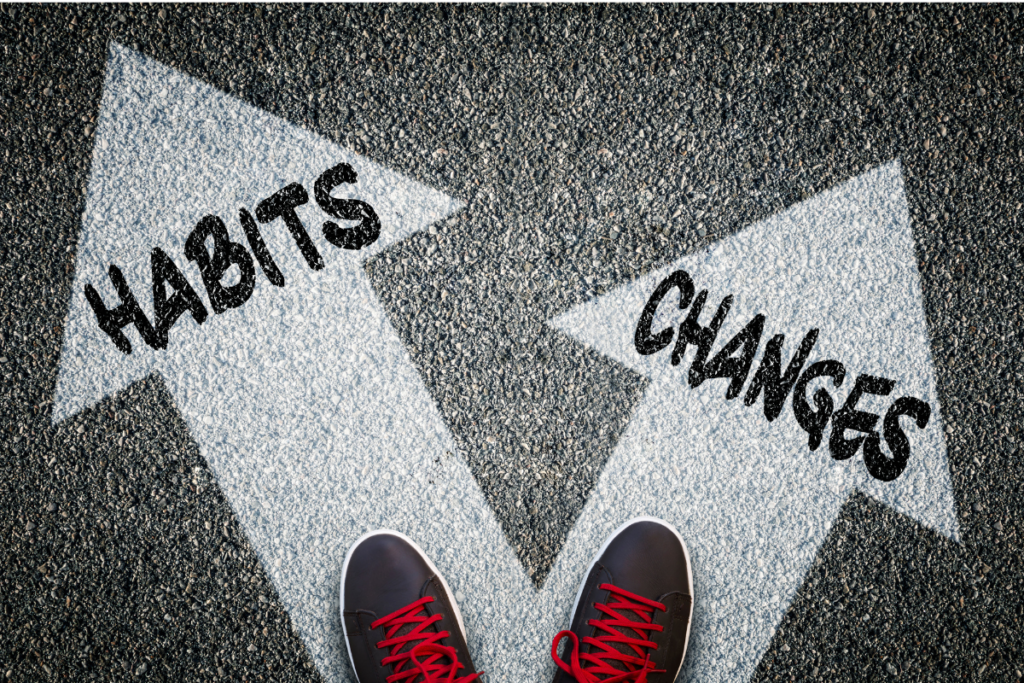Late Night Snacking

More often than not, late-night snacking happens out of habit rather than actual hunger. If hunger is the real reason for reaching for snacks after dinner, there are easy changes that can be made earlier in the day to curb this hunger.
A few simple tweaks to your typical routine can help you prevent the urge to reach for night-time snacks.
STOP AND THINK
Before going back into the kitchen, ask yourself these questions:
- Am I snacking because I’m actually hungry, or just out of pure habit?
We make associations in our mind between two things when we repeatedly do them together; this includes food and late-night activities. So, if you’re used to watching TV and mindlessly eating potato chips at the same time, you’re likely going to crave chips every time you plop down on the couch after a long day with the remote in your hand. See if you can either replace snacking with something else, like drinking tea while watching TV instead of eating chips. - What else could be driving this habit?
Are you snacking out of boredom, loneliness, or from stress after a long day at work? Instead of turning to mindless snacking, it’s time to create a list of activities that can solve these problems. - What types of things do you enjoy doing?
Do more of those if you can. This can include taking a walk outside, reading, taking a hot shower, cooking something healthy for the next day, cleaning, surfing the internet, etc. Anything to occupy your brain from focusing on the snacking habit you’ve developed. - Is snacking holding you back from achieving your results?
Snacking after dinner isn’t always a big offence. In fact, in certain situations, snacking can help you, but it really depends on the person. If you’re not getting the results you want and can’t figure out “why,” take an honest look at your after-dinner habits. Get clear on the “extras” you might be getting late-night.
STRATEGIES
HAVE A ROUTINE
If you’re overeating because you aren’t eating enough during the day, then getting yourself into a routine can help. Structured eating and sleeping times will help you spread your food intake over the day so that you’re less hungry at night.
Getting enough sleep is very important when it comes to managing your food intake and weight. Lack of sleep and short sleep duration have been linked to higher calorie intake and poor-quality diets. Over a long period of time, poor sleep can increase your risk of obesity and related diseases.
Having set times for eating and sleeping can help you separate the two activities, especially if you are prone to waking in the night to eat.
PROTEIN
Different foods can have different effects on your appetite. If you eat due to hunger, including protein at every meal may help curb your hunger.
It could also help you feel more satisfied throughout the day, stop you from being preoccupied with food and help prevent snacking at night. One study found that eating frequent high-protein meals reduced cravings by 60% and cut the desire to eat at night by half.
ENVIRONMENT
If you are prone to eating high-fat, high-sugar junk food at night, remove it from your house.
If unhealthy snacks aren’t within easy reach, you are much less likely to eat them.
Instead, fill your house with healthy food that you enjoy. Then when you have the urge to eat, you won’t snack on junk. Good snack-friendly foods to have available if you get hungry include fruits, berries, plain yogurt, and cottage cheese.
These are very filling and probably won’t cause you to overeat in the case that you do end up becoming ravenously hungry in the evening.
RELAX
Anxiety and stress are two of the most common reasons why people eat when they aren’t hungry. However, using food to curb your emotions is a bad idea.
If you notice that you eat when you are anxious or stressed, try to find another way to let go of negative emotions and relax. Relaxation techniques you may find useful include breathing exercises, meditation, hot baths, yoga, gentle exercise, or stretching.
The post Late Night Snacking appeared first on CollectiveFit.
More Posts





